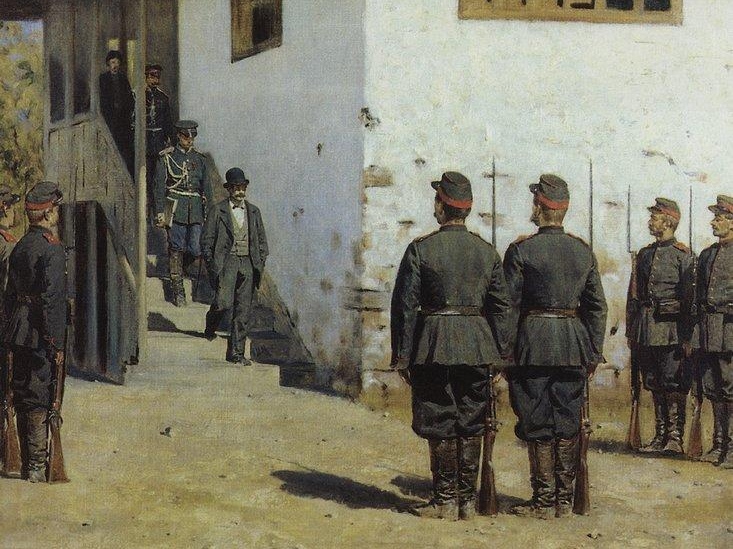09.12.2017, Russia.
Yury Byaly, a political science expert, Vice-President of the Experimental Creative Center Foundation, commented on a previously published article, Rossa Primavera News Agency reports on December 8.
Since most of the USSR specialized archives have been opened, to talk about “full-dressed”, fake statistics of the Soviet camps is already something indecent today. Not least because these statistics have been exceedingly carefully studied and, as a result, have been fully confirmed by Western historians and experts in the early 1990s. It must be emphasized that these experts were the first to enter our archives.
At first, these Western historians and experts, who were “brought up” on the falsifications of Conquest and Solzhenitsyn, decidedly did not believe in the statistics of NKVD. They demanded (and received) statistics of the Soviet People’s Commissariats on transporting people and specific goods, including clothing and food, to camps by sea, by rail, by road. They also obtained statistics on the transporting of products produced by the “Gulag economy“, within the USSR and for export. Also, the statistics of the People’s Commissariat for Health and Medical Services of the Gulag. Also, the statistics from the People’s Commissariat for Food on the supplying of food to the camps. Also, the statistics of the People’s Commissariat for Education on the training of prisoners and the expelled, including members of their families, and so forth.
Meticulous, professional, and highly reputable Western researchers, who cross-checked all these statistics, were the first to admit that everything was in order with the statistics of the Gulag in the USSR. Similarly, they acknowledged (on the basis of declassified archival documents) the fact that fraudsters of the system, regardless of their rank, almost inevitably (and often enough) were punished for it by the same system.
And at the same time, conscientious domestic researchers who studied the same archives, for example, Yury Zhukov, developed and clarified conclusions of foreign researchers in a very detailed, argumentative, and clear manner.
Of course, it is not correct to say that the life was better in camps and for prisoners (including in terms of food provision) than for the rest of Soviet citizens, although this was sometimes the case. The camp authorities had to meet the tightest production goals, especially during the war years. It was clear to them that if the “guarded contingent” would not fulfil the planned tasks, the organizational consequences for these authorities would be extremely drastic and painful. And so, the camp authorities sought to keep the “contingent” fit for work. This meant that the prisoners had to be as well fed and healthy as possible.
But what also happened at that time, that for various reasons – whether there was no delivery of food, or the catastrophic famine across the country due to the post-war devastation and poor harvest, as in 1946-1947 – camp prisoners starved and even died. However, they starved and died like many other Soviet people outside the camps.
To deny all these facts and pieces of evidence, taking into consideration only a few hundred memories of former prisoners, does not make sense. More precisely, such denials become meaningful only for those individuals, who, being biased by their own family biographies and/or supported by foreign grants, dream to discredit and defame, present as total evil the whole of the tragic, but at the same time great Soviet history of our Motherland.
Source: Rossa Primavera News Agency




